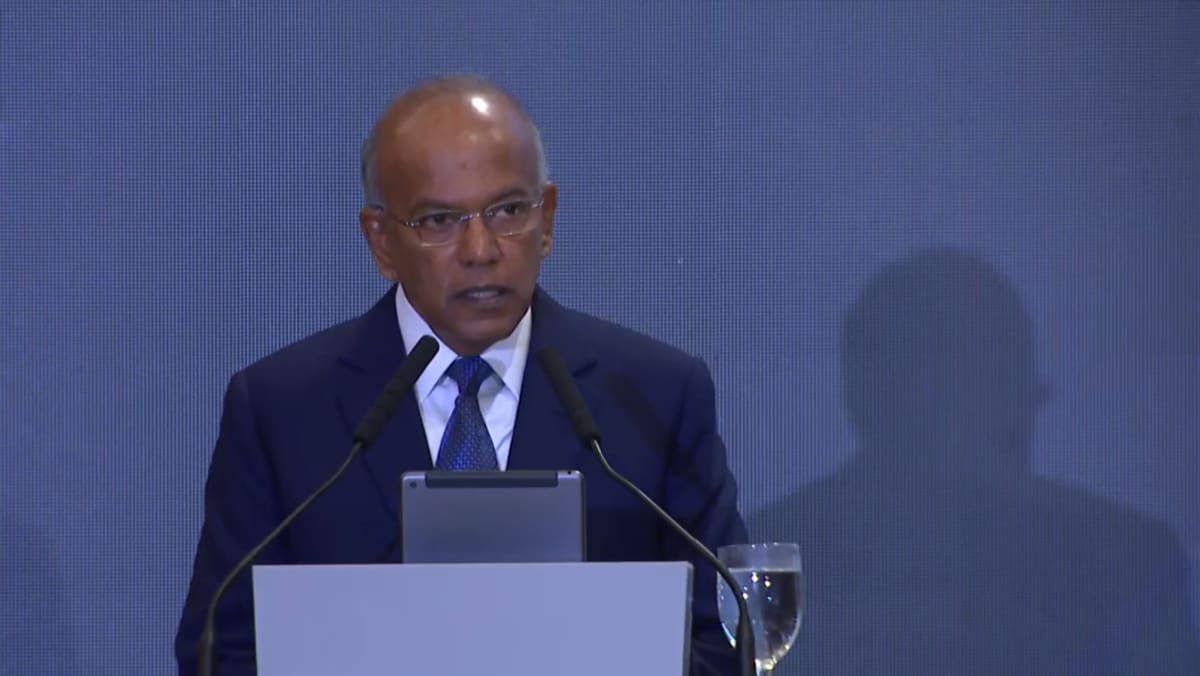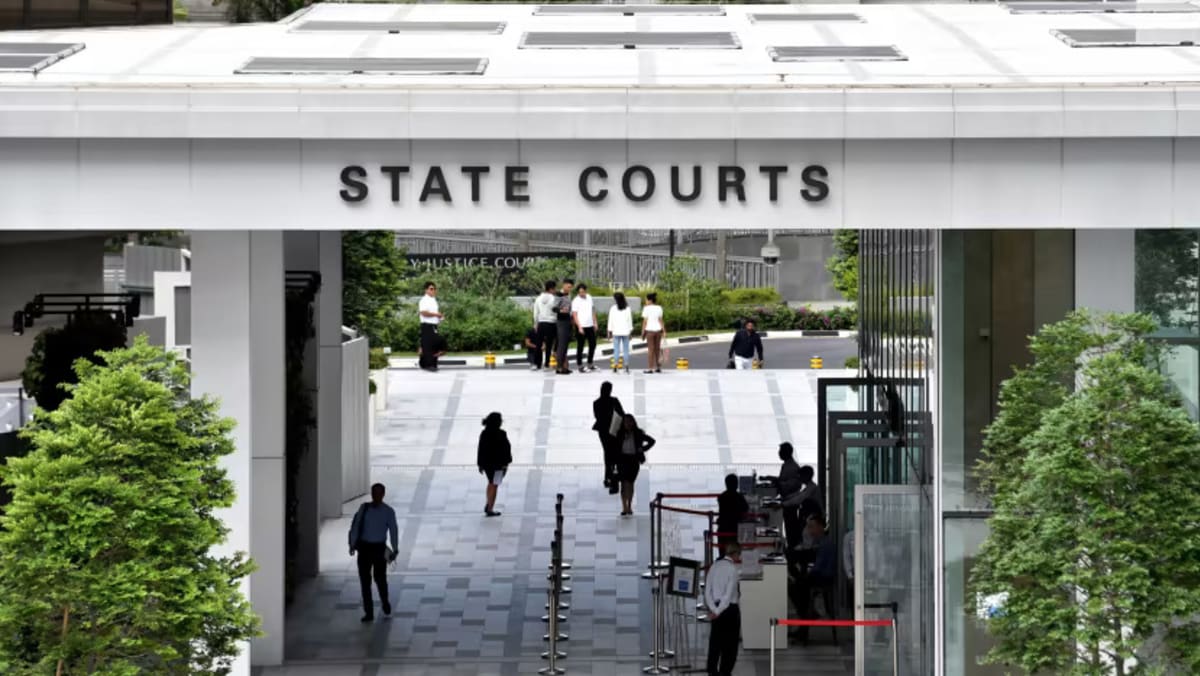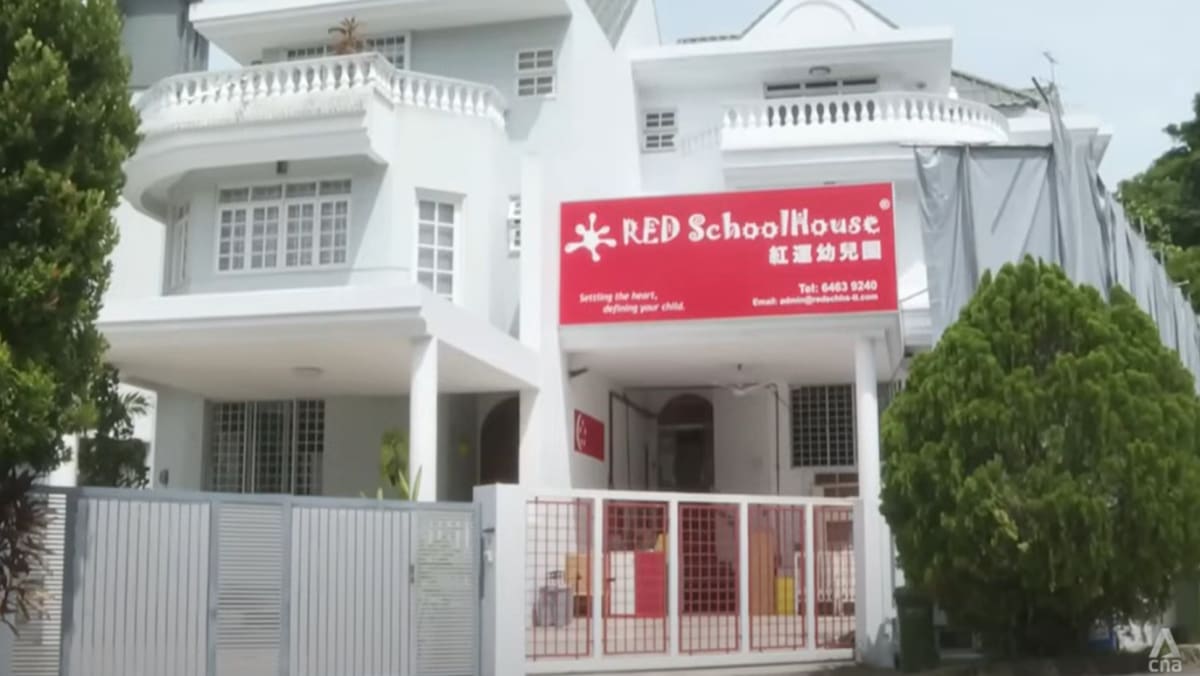TIMELINE
German insurer Allianz withdrew its offer last December to acquire a majority stake in Income Insurance after the government stepped in to block the transaction over concerns that it would not be able to continue its social mission.
Income, a former co-op, was corporatised in 2022. In doing so, it sought to be exempted from Section 88 of the Co-operative Societies Act, which allowed it to carry over approximately S$2 billion in surplus to the new corporate entity, said the minister.
The proposed capital reduction in the Income-Allianz deal “runs counter” to the premise for why the exemption was given, Mr Tong said in October.
The government said it was open to new arrangements if the concerns highlighted were fully addressed. Allianz said at the time that it would consider revising the deal, but eventually decided not to go ahead.
MAS reiterated on Monday that on Jul 17, 2024, Allianz made a pre-conditional voluntary cash general offer to acquire at least 51 per cent of the shares in Income, subject to regulatory approval.
In order to make this pre-conditional voluntary cash general offer, Allianz and NTUC Enterprise had received approval from MAS under section 27(2) of the Insurance Act 1966.
This allowed NTUC Enterprise and Allianz to enter into an agreement or arrangement to act together to acquire an interest of 5 per cent or more of Income’s voting shares.
MAS said the proposed transaction was subject to further regulatory approval from MAS for Allianz to obtain effective control and become a substantial shareholder of Income.
“At this point, the regulatory approval process was not completed and would have taken a few months for MAS to complete its assessment. Minister Chee explained at the Aug 6, 2024 parliamentary sitting that ‘the proposed deal was still subject to MAS’ regulatory approval’ and there was ‘due process for this’,” added MAS.
Mr Chee also said on Oct 16 that there was no formal application yet by Allianz to obtain effective control and become a substantial shareholder of Income.
MAS had received Allianz’s preliminary business plan for Income by mid-July 2024.
“This included a set of business and financial projections, which included a plan for capital efficiency and reduction. There was no application to MAS to approve the capital reduction plan, neither did MAS give any such approval. Any capital reduction would need separate and specific MAS approval,” it said on Monday.
MAS also noted Mr Chee’s explanation in parliament on Oct 14, that MAS had reviewed the “high-level submitted information based on prudential grounds, focusing on whether Allianz was fit and proper, looking at its financial strength and track record, and looking at the interests of Income’s policy-holders and ensuring that this will be safeguarded with a new strong substantial shareholder”.
Mr Tong also said that MAS considered the planned capital optimisation from a prudential point of view in accordance with its regulatory mandate, and that the authority did not have reason for concern.
This was because Income was projected to continue to meet regulatory capital requirements with a healthy margin, even with the capital reduction.
While MAS did not have prudential grounds for concern about the transaction after the Aug 6 parliament sitting, it noted that the planned capital reduction could be relevant to MCCY’s considerations, taking into account Income’s prior status as a co-operative society.
MAS noted that Mr Chee explained on Oct 16 that it was then that MAS surfaced this to its board and shared it with MCCY.
Before then, MAS said it had not been aware of the representations that Income had made to MCCY when it was allowed to carry over S$2 billion in surplus to the new corporatised entity.
GOVERNMENT MOVED TO STOP TRANSACTION
MAS said the government decided to amend the Insurance Act and stop the transaction after it shared the information with MCCY.
During the parliament sitting on Oct 14, Mr Tong explained that: “When we first saw the announcements, we accepted the intent of the transaction, which is to strengthen Income.”
He also said the government did not have concerns over Allianz’s standing or suitability to acquire a majority stake in Income.
However, MCCY found it “difficult to reconcile the proposed substantial capital reduction, soon after the transaction is completed, with Income’s representations to MCCY during the corporatisation exercise that it was aiming to build up capital resources and enhance its financial strength”.
MAS said MCCY was also “not satisfied” that Income would be able to continue fulfilling its social mission after the proposed transaction.
Parliament passed the Insurance (Amendment) Bill under a Certificate of Urgency on Oct 16.
This was so that there would be a clear statutory basis for MAS to consider MCCY’s views when approving or rejecting such applications, noted the authority.
“The government also stated its view that the transaction in its then-current form could not proceed,” MAS added.
Mr Tan welcomed the government’s decision, saying on social media that it “underscores the importance of speaking up on matters of public interest”.
Mr Tan was CEO of NTUC Income from 2007 to 2013 before becoming Group CEO of NTUC Enterprise from 2013 to 2017. He had also led Prudential from 1994 to 1999.
Other figures who were against the Income-Allianz deal included Mr Tan’s predecessor Tan Kin Lian and Ambassador-at-Large Tommy Koh.
Their concerns were mainly over how Allianz, a large multinational company, would not be fully aligned with the original mission of the Singapore entity, which is to serve the needs of low-income workers.














